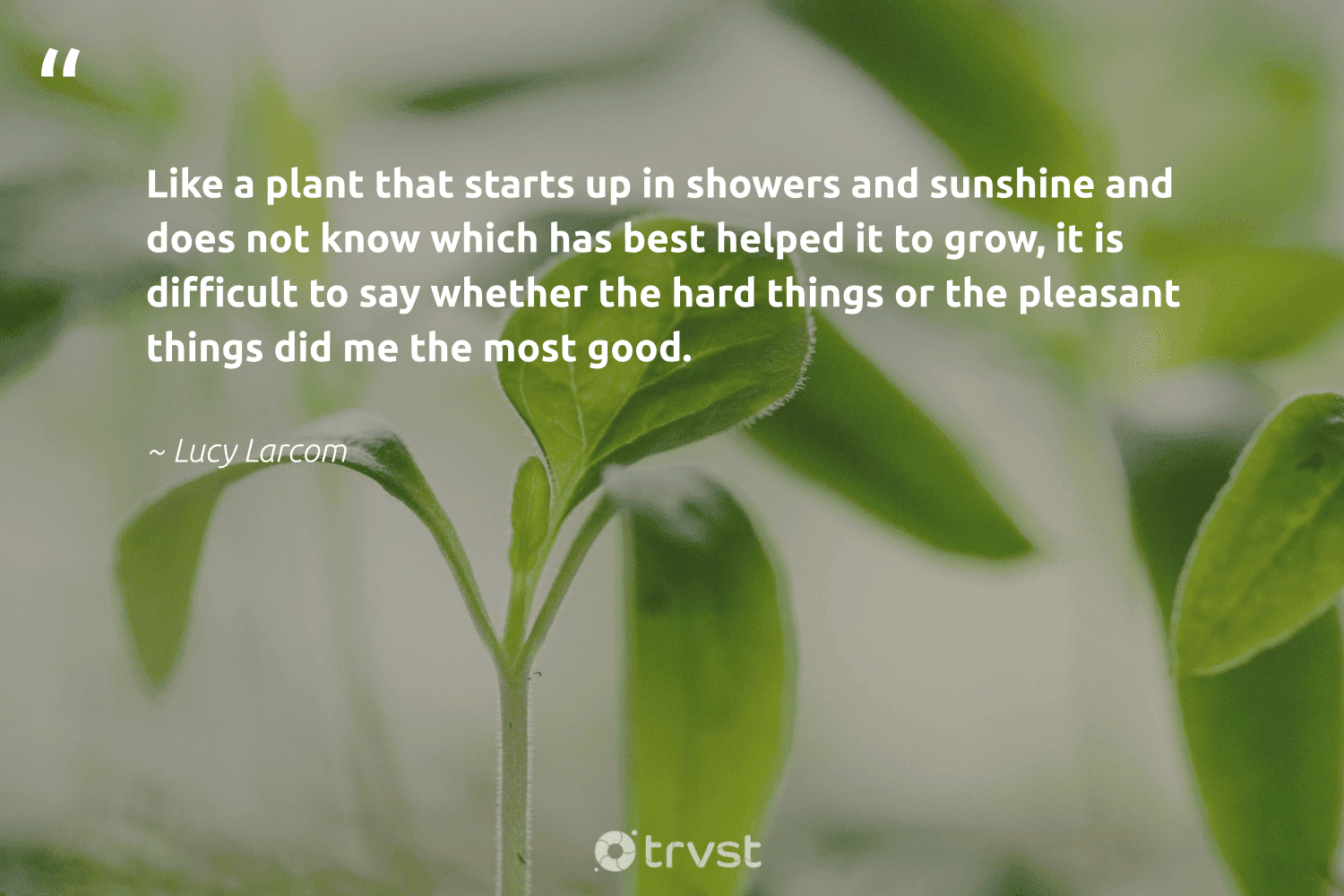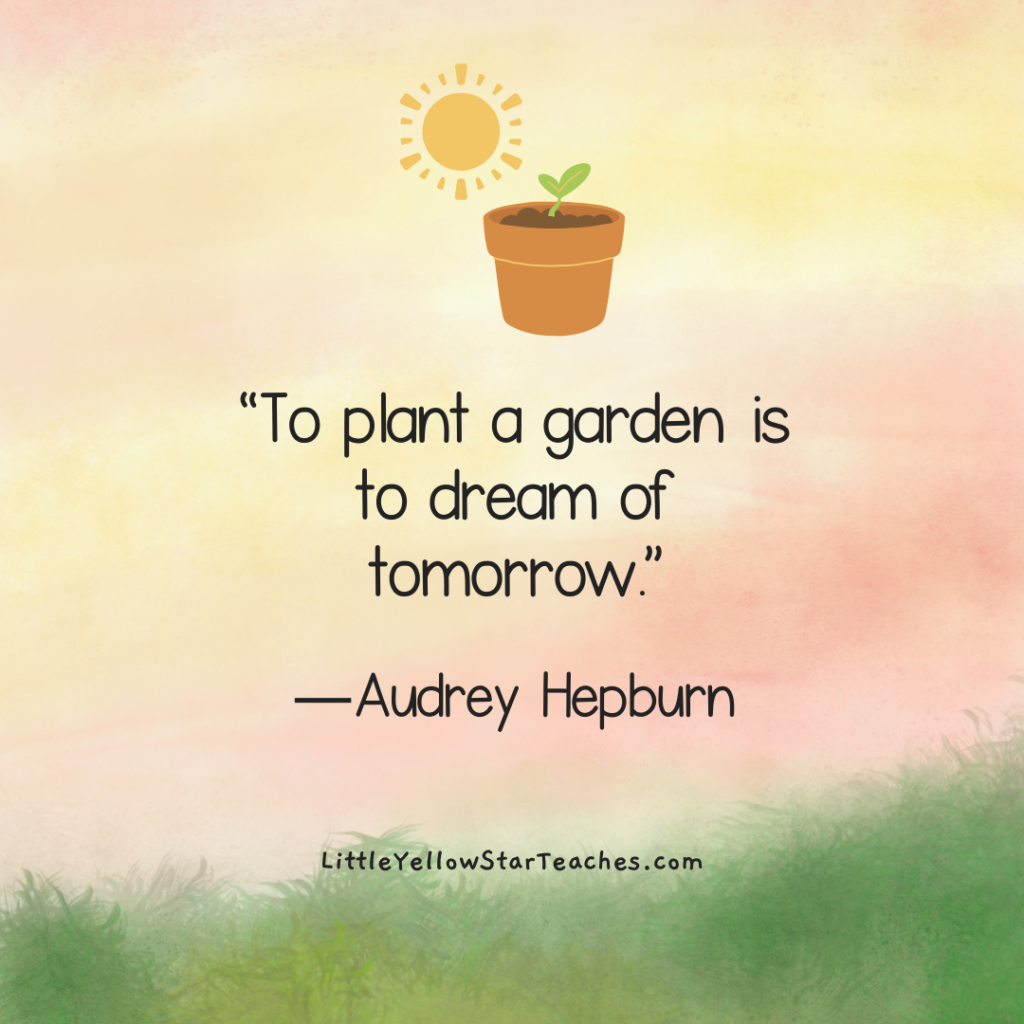“`html
The Whispering Wisdom of plants: 3000 Words of Botanical Quotes
The Whispering Wisdom of Plants: 3000 Words of Botanical Quotes
For centuries, plants have been more than just passive observers of our world. They have been sources of inspiration, metaphors for life, and quiet reminders of the beauty and resilience of nature. From the delicate bloom of a flower to the towering strength of an ancient tree, plants have captivated human imagination and sparked profound reflections. This article delves into the rich tapestry of plant quotes, exploring their diverse meanings and the timeless wisdom they impart.
The Power of Growth and Resilience
Plants, in their silent way, teach us about the power of growth and resilience. They demonstrate the ability to thrive even in the harshest conditions, pushing through cracks in concrete and reaching for sunlight against all odds.
“The best time to plant a tree was 20 years ago. The second best time is now.” – Chinese Proverb

This timeless proverb emphasizes the importance of taking action and seizing opportunities. It reminds us that even if we’ve missed past chances, we can still create a better future by starting today. The tree, a symbol of long-term growth and stability, represents the rewards of patient effort.
“Even the strongest tree can be shaken by the wind, but it will not fall.” – Unknown
This quote highlights the resilience of plants in the face of adversity. Like trees that bend but don’t break, we too can weather life’s storms and emerge stronger. It’s a reminder that strength isn’t about being unyielding, but about adapting and enduring.
“A flower does not think of competing with the flower next to it. It just blooms.” – Zen Shin
This simple yet profound quote encourages us to focus on our own growth and potential, rather than comparing ourselves to others. It reminds us that true beauty and success come from embracing our unique qualities and blossoming in our own way.
“Where flowers bloom, so does hope.” – Lady Bird Johnson
Lady Bird Johnson, a passionate advocate for environmental beautification, understood the power of flowers to uplift spirits and inspire hope. This quote suggests that even in the darkest of times, the presence of nature can offer a glimmer of optimism.
The Beauty and Fragility of Life

Plants also serve as poignant reminders of the beauty and fragility of life. Their ephemeral blooms and seasonal cycles reflect the transient nature of existence.
“To plant a garden is to believe in tomorrow.” – Audrey Hepburn
Audrey Hepburn’s words capture the optimism and hope inherent in gardening. By planting seeds and nurturing growth, we are investing in the future and affirming our belief in the possibilities that lie ahead.
“The poetry of the earth is never dead.” – John Keats
John Keats’s romantic sentiment highlights the enduring beauty and inspiration found in nature. He suggests that even in the midst of change and decay, the earth’s inherent poetry—its beauty, its rhythms, and its cycles—remains eternal.
“What is a weed? A plant whose virtues have not yet been discovered.” – Ralph Waldo Emerson
Emerson’s insightful observation challenges our perceptions of what is valuable and what is not. He suggests that even the most overlooked or unwanted elements of nature may possess hidden virtues, waiting to be discovered.
“The rose that all are by praising desire, is in the bud still, not blown to entire.” – William Shakespeare

Shakespeare’s metaphor illustrates the beauty of potential and the allure of what is yet to be fully realized. The rosebud, representing the promise of future beauty, is often more captivating than the fully bloomed flower.
The Connection Between Humans and Nature
Plants also serve as a bridge between humans and the natural world, reminding us of our interconnectedness and the importance of stewardship.
“Look deep into nature, and then you will understand everything better.” – Albert Einstein
Einstein’s profound statement emphasizes the importance of observing and learning from the natural world. He suggests that by immersing ourselves in nature, we can gain a deeper understanding of ourselves and the universe.
“The clearest way into the Universe is through a forest wilderness.” – John Muir
John Muir, a renowned naturalist and conservationist, believed that wilderness areas hold the key to understanding the universe. He saw forests as gateways to a deeper connection with nature and a profound sense of awe.
“In every walk with nature one receives far more than he seeks.” – John Muir
Muir’s words remind us that nature offers unexpected rewards and insights. By simply being present in nature, we open ourselves up to experiences that transcend our expectations.
“Those who contemplate the beauty of the earth find reserves of strength that will endure as long as life lasts.” – Rachel Carson
Rachel Carson, a pioneering environmentalist, understood the restorative power of nature. She believed that immersing ourselves in the beauty of the earth can replenish our spirits and provide us with the strength to face life’s challenges.
Metaphors for Life and Growth
Plants provide powerful metaphors for life’s journey, illustrating the cycles of growth, change, and renewal.
“Life is like a tree and its fruit, so are your actions reflective of your beliefs.” – Unknown
This metaphor draws a parallel between a tree’s fruit and our actions, suggesting that our behavior is a reflection of our inner beliefs and values. Just as a tree produces fruit according to its nature, our actions reveal our true character.
“Like a tree, your strength is rooted in your past.” – Unknown
This quote emphasizes the importance of our roots, both literally and metaphorically. Our past experiences, both positive and negative, shape who we are and provide the foundation for our future growth. Just as a tree draws strength from its roots, we can draw strength from our past.
“The flower that blooms in adversity is the most rare and beautiful of all.” – Walt Disney’s Mulan
This quote from Disney’s Mulan celebrates the resilience and beauty that can emerge from challenging circumstances. It suggests that those who overcome adversity often possess a unique strength and radiance.
“A single seed can grow into a mighty forest.” – Unknown
This simple yet powerful metaphor highlights the potential for growth and transformation that lies within each of us. Even the smallest beginnings can lead to significant achievements.
The Importance of Nurturing and Care
Plants also teach us about the importance of nurturing and care, both for ourselves and for the environment.
“Gardening adds years to your life and life to your years.” – Unknown
This quote highlights the physical and mental benefits of gardening. It suggests that engaging in this activity can promote longevity and enhance our overall well-being.
“To see a world in a grain of sand, and a heaven in a wild flower, Hold infinity in the palm of your hand, and eternity in an hour.” – William Blake
Blake’s poetic lines encourage us to appreciate the beauty and wonder of the natural world, even in its smallest details. By focusing on the present moment, we can experience the infinite and eternal.
“The earth laughs in flowers.” – Ralph Waldo Emerson
Emerson’s whimsical image suggests that flowers are a manifestation of the earth’s joy and vitality. They represent the beauty and abundance of nature.
“If you truly love nature, you will find beauty everywhere.” – Laura Ingalls Wilder
Laura Ingalls Wilder’s words remind us that beauty is not limited to grand landscapes or exotic blooms. It can be found in the simplest of things, if we approach the world with an open heart and a sense of wonder.
Conclusion
The quotes presented in this article offer a glimpse into the profound wisdom and inspiration that plants have provided to humanity throughout history. From their resilience and beauty to their metaphors for life and growth, plants continue to captivate our imaginations and remind us of our connection to the natural world. By reflecting on these botanical insights, we can gain a deeper appreciation for the power of nature and the timeless lessons it imparts.
“`



